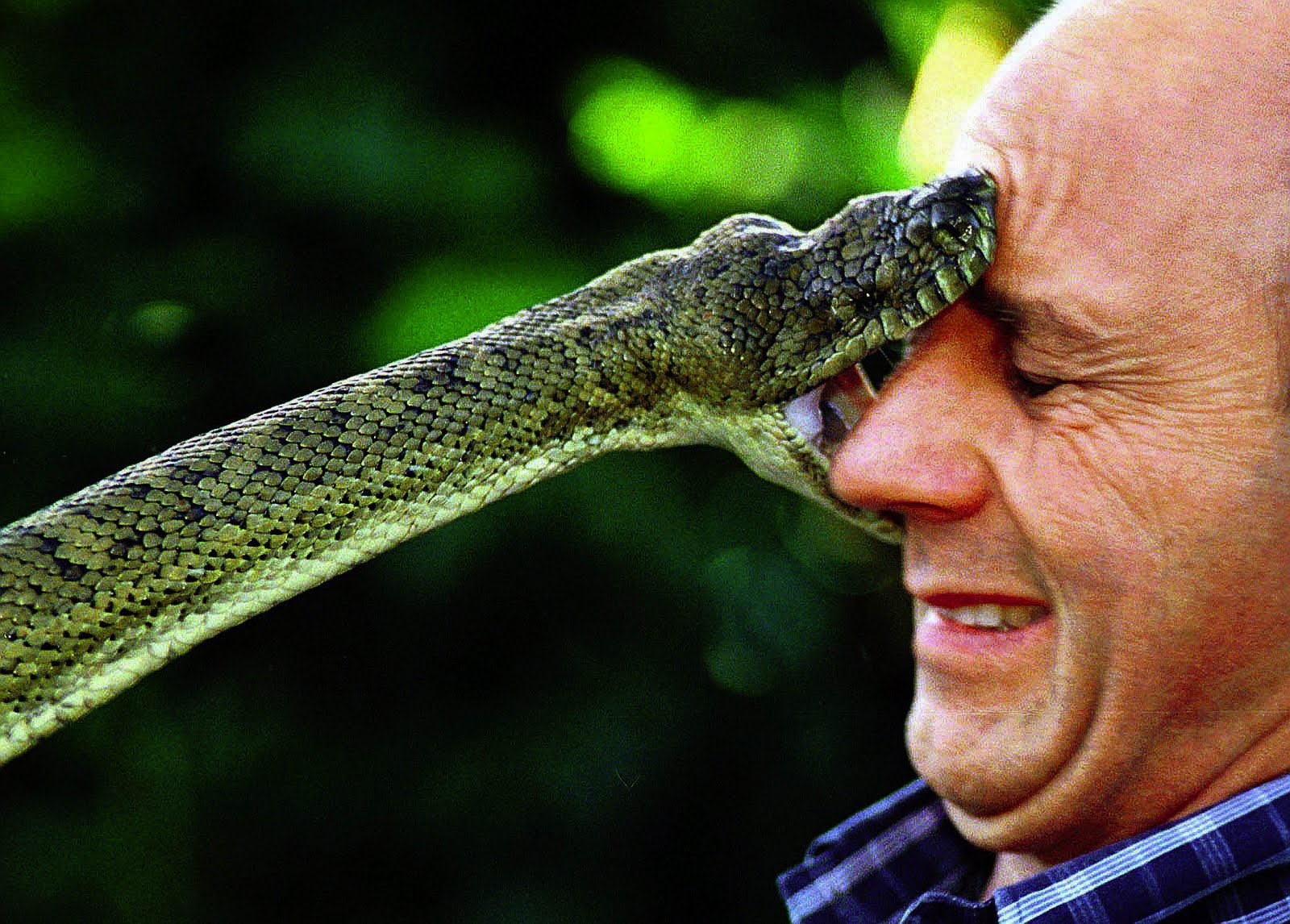
“We eat, we drink, the next day we die,” and that’s all there is to it. But don’t fool yourselves. Don’t let yourselves be poisoned by this anti-resurrection loose talk. “Bad company ruins good manners.” – 1 Cor 15:32-33 (MSG Bible). I believe these words are fitting for our society’s current state as we are surrounded by bad news, fake news, moral outrage, hot topics, and hot takes. Our hearts are pulled into perpetual fear anticipating the next big failure, with a limited view of possible solutions. It is no wonder politics (based on fear, doomsday rhetoric, and outrage) are our religion and those in office are our saviors.
Continue reading “Good News: Believe It”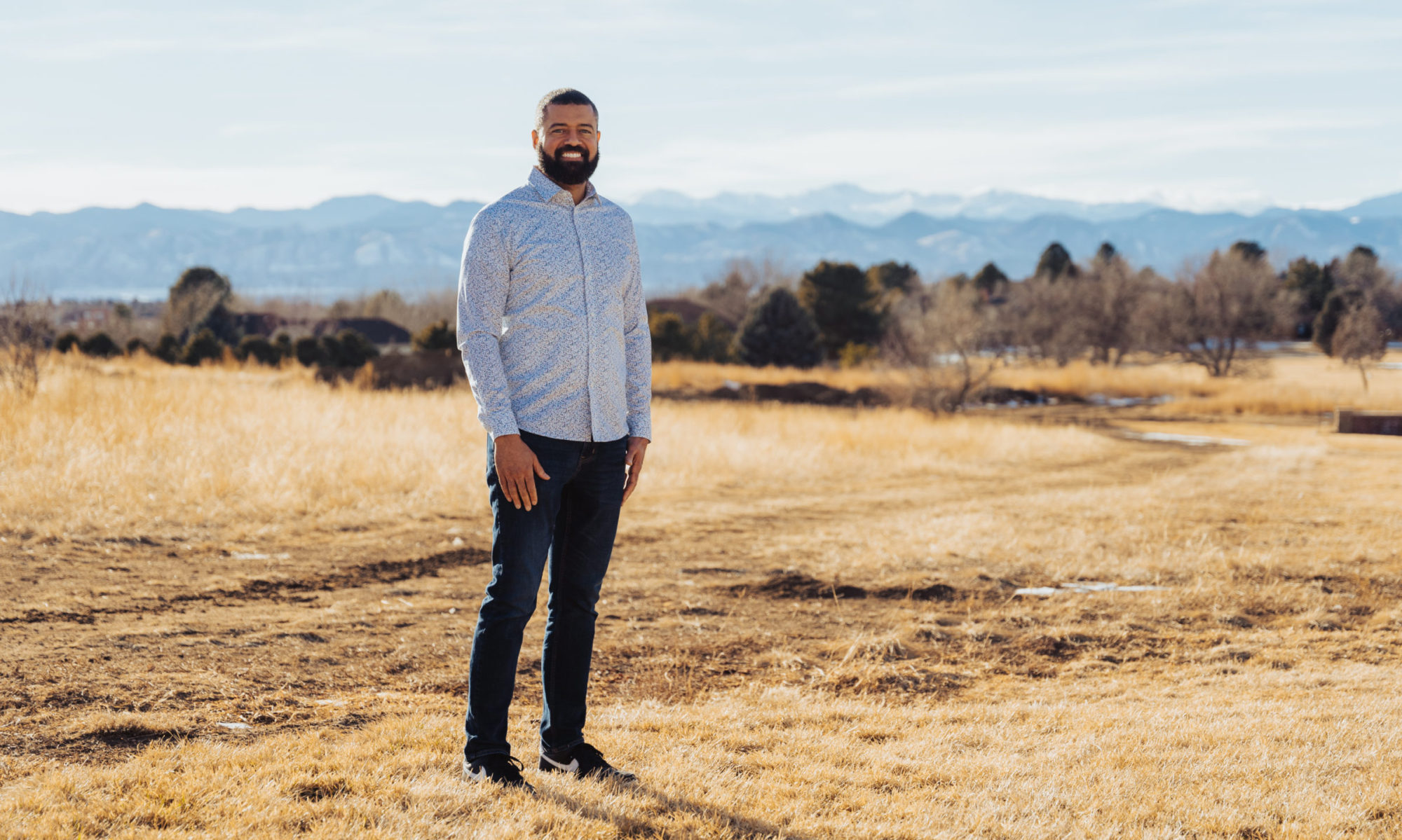
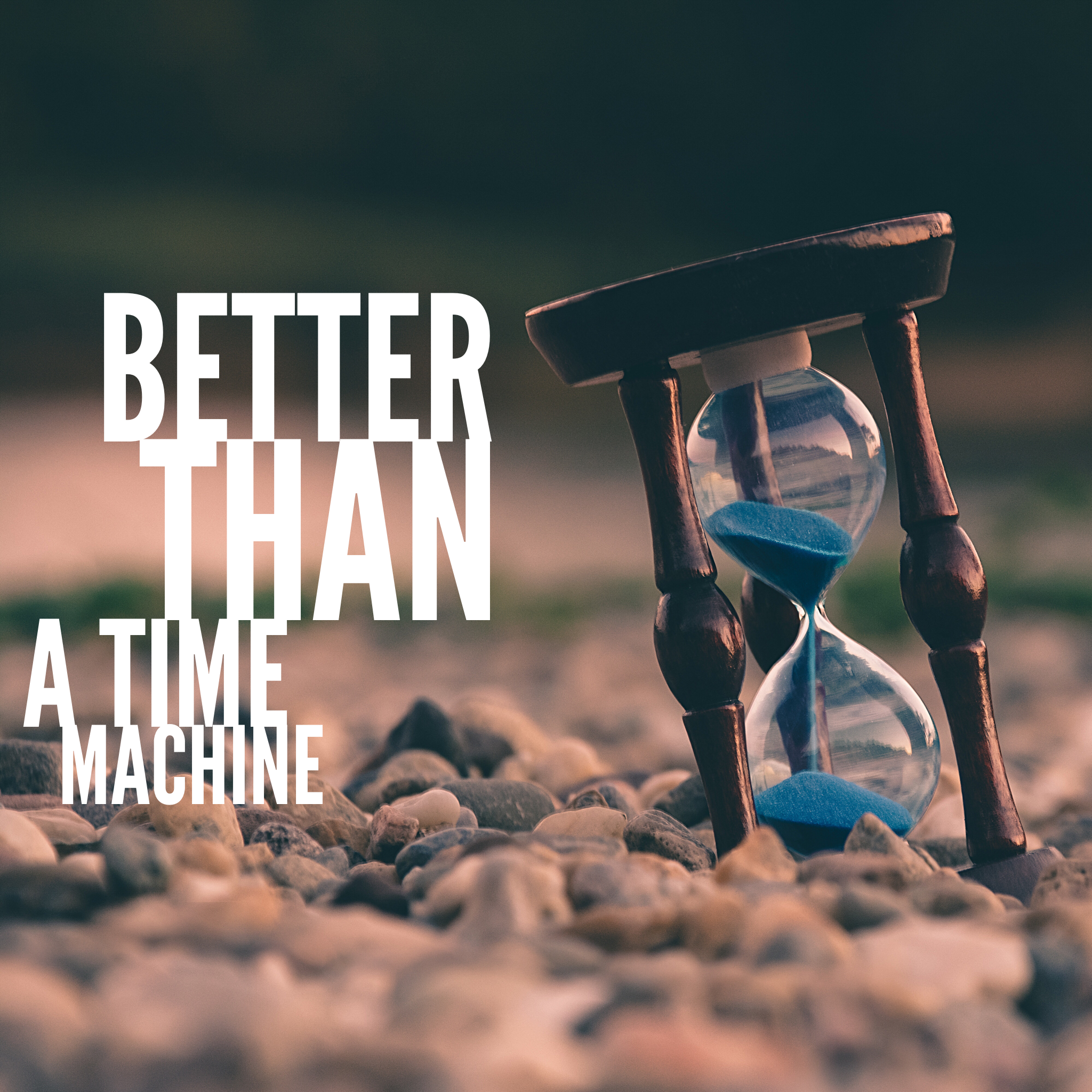 Recently, I had trouble going to sleep. I finally feel asleep only to wake up early. Why? I was replaying a scene in my head where someone had been offended and I was the offender. Maybe you can relate. You replay the scene like a choose your own adventure book. You relive the moment but this time, in your thoughts you say the right thing and do the right thing. If only we could change the past, right? Better yet, if only we could forgive ourselves. What if I told you that forgiveness is giving up the fantasy that the past could be any different.
Recently, I had trouble going to sleep. I finally feel asleep only to wake up early. Why? I was replaying a scene in my head where someone had been offended and I was the offender. Maybe you can relate. You replay the scene like a choose your own adventure book. You relive the moment but this time, in your thoughts you say the right thing and do the right thing. If only we could change the past, right? Better yet, if only we could forgive ourselves. What if I told you that forgiveness is giving up the fantasy that the past could be any different.
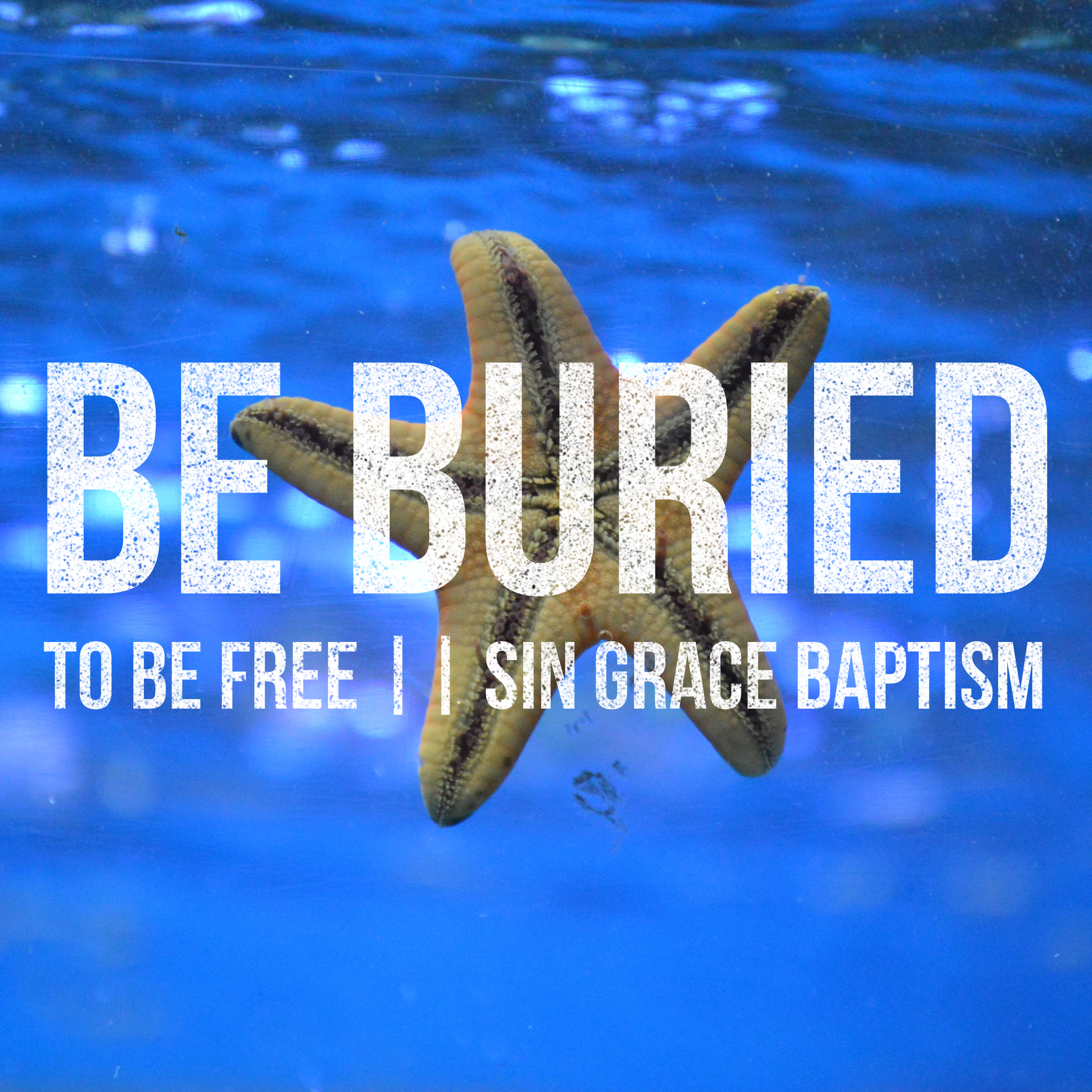 Romans 6:1-7 (NIV) What shall we say, then? Shall we go on sinning so that grace may increase? 2 By no means! We are those who have died to sin; how can we live in it any longer? 3 Or don’t you know that all of us who were baptized into Christ Jesus were baptized into his death? 4 We were therefore buried with him through baptism into death in order that, just as Christ was raised from the dead through the glory of the Father, we too may live a new life. 5 For if we have been united with him in a death like his, we will certainly also be united with him in a resurrection like his. 6 For we know that our old self was crucified with him so that the body ruled by sin might be done away with, that we should no longer be slaves to sin—7 because anyone who has died has been set free from sin.
Romans 6:1-7 (NIV) What shall we say, then? Shall we go on sinning so that grace may increase? 2 By no means! We are those who have died to sin; how can we live in it any longer? 3 Or don’t you know that all of us who were baptized into Christ Jesus were baptized into his death? 4 We were therefore buried with him through baptism into death in order that, just as Christ was raised from the dead through the glory of the Father, we too may live a new life. 5 For if we have been united with him in a death like his, we will certainly also be united with him in a resurrection like his. 6 For we know that our old self was crucified with him so that the body ruled by sin might be done away with, that we should no longer be slaves to sin—7 because anyone who has died has been set free from sin.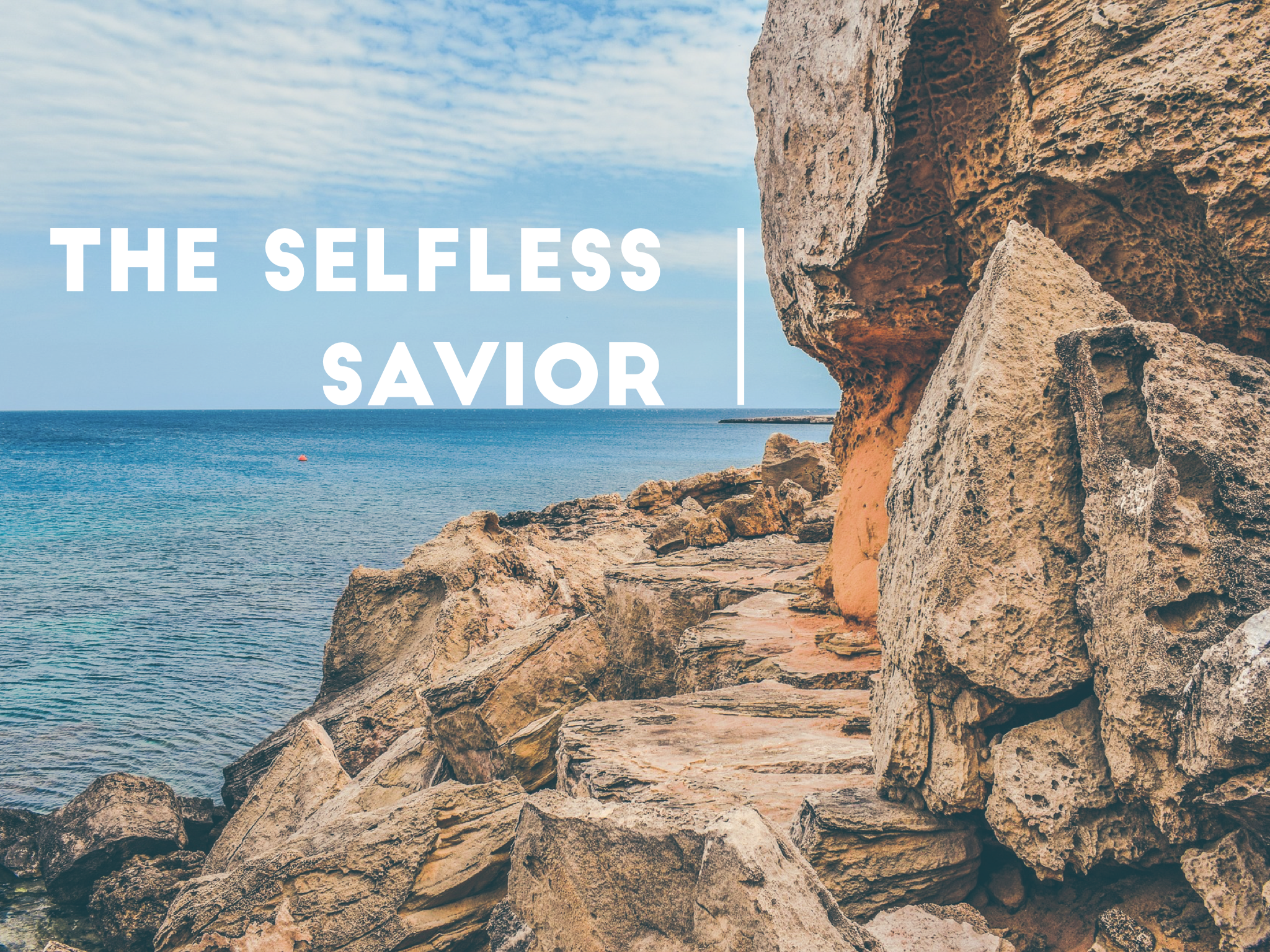 The Apostle Paul captures the life, death, and the majesty of Christ poetically with just seven verses in Philippians 2:5-11 (NIV).
The Apostle Paul captures the life, death, and the majesty of Christ poetically with just seven verses in Philippians 2:5-11 (NIV).  We all, like sheep, have gone astray, each of us has turned to our own way (Isaiah 53:6). This is the spiritual state of the world. We are all prone to wander. What causes us to wander away from God and how does God seek to reclaim his own?
We all, like sheep, have gone astray, each of us has turned to our own way (Isaiah 53:6). This is the spiritual state of the world. We are all prone to wander. What causes us to wander away from God and how does God seek to reclaim his own? Walter Brueggemann makes a case for God’s people to recapture the prophetic imagination of God’s prophets. He calls us to recapture it because we are encapsulated by our surrounding, dominant, and pervasive culture. Starting with Moses he demonstrates to the reader how God’s people are to be a part of an alternative community. Moses was not simply interested in social justice but he was preaching a message that ushered in God’s re-creation. The Israelites had been enslaved so long that they did not know an alternative to their way of life as slaves.
Walter Brueggemann makes a case for God’s people to recapture the prophetic imagination of God’s prophets. He calls us to recapture it because we are encapsulated by our surrounding, dominant, and pervasive culture. Starting with Moses he demonstrates to the reader how God’s people are to be a part of an alternative community. Moses was not simply interested in social justice but he was preaching a message that ushered in God’s re-creation. The Israelites had been enslaved so long that they did not know an alternative to their way of life as slaves.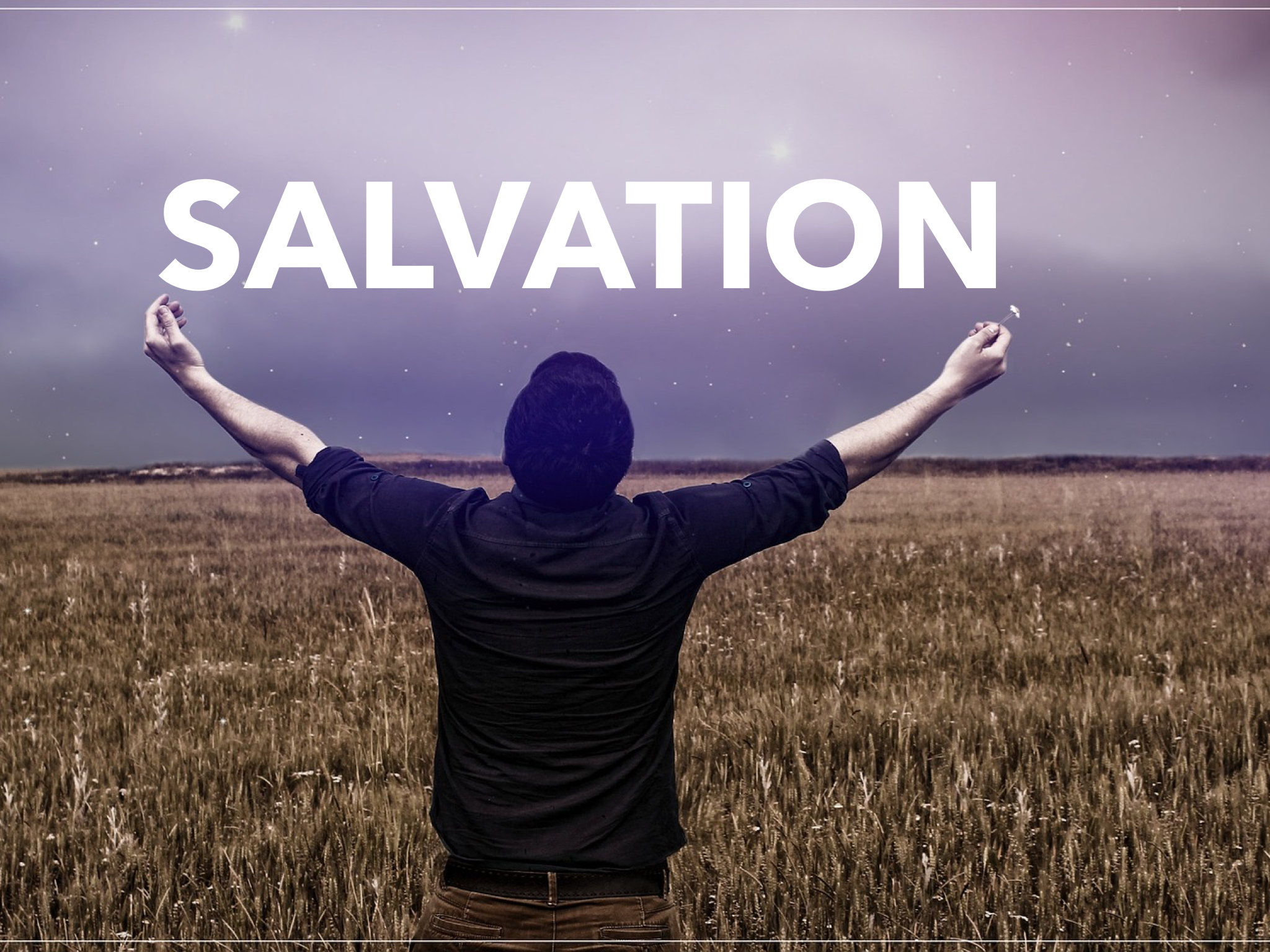 One of the most important discoveries for me was the theological concept of imputed righteousness. When I was a preaching intern, I was instructed to write an essay on the topic. This teaching has tripped up many a Restorationist. I have had discussions with church members and ministers about the unearned nature of salvation and the way in which we are made righteous. After describing imputed righteousness, it is usually followed up with a “but.” The conversation then transitions to our need for obedience and if a person can lose their salvation.
One of the most important discoveries for me was the theological concept of imputed righteousness. When I was a preaching intern, I was instructed to write an essay on the topic. This teaching has tripped up many a Restorationist. I have had discussions with church members and ministers about the unearned nature of salvation and the way in which we are made righteous. After describing imputed righteousness, it is usually followed up with a “but.” The conversation then transitions to our need for obedience and if a person can lose their salvation.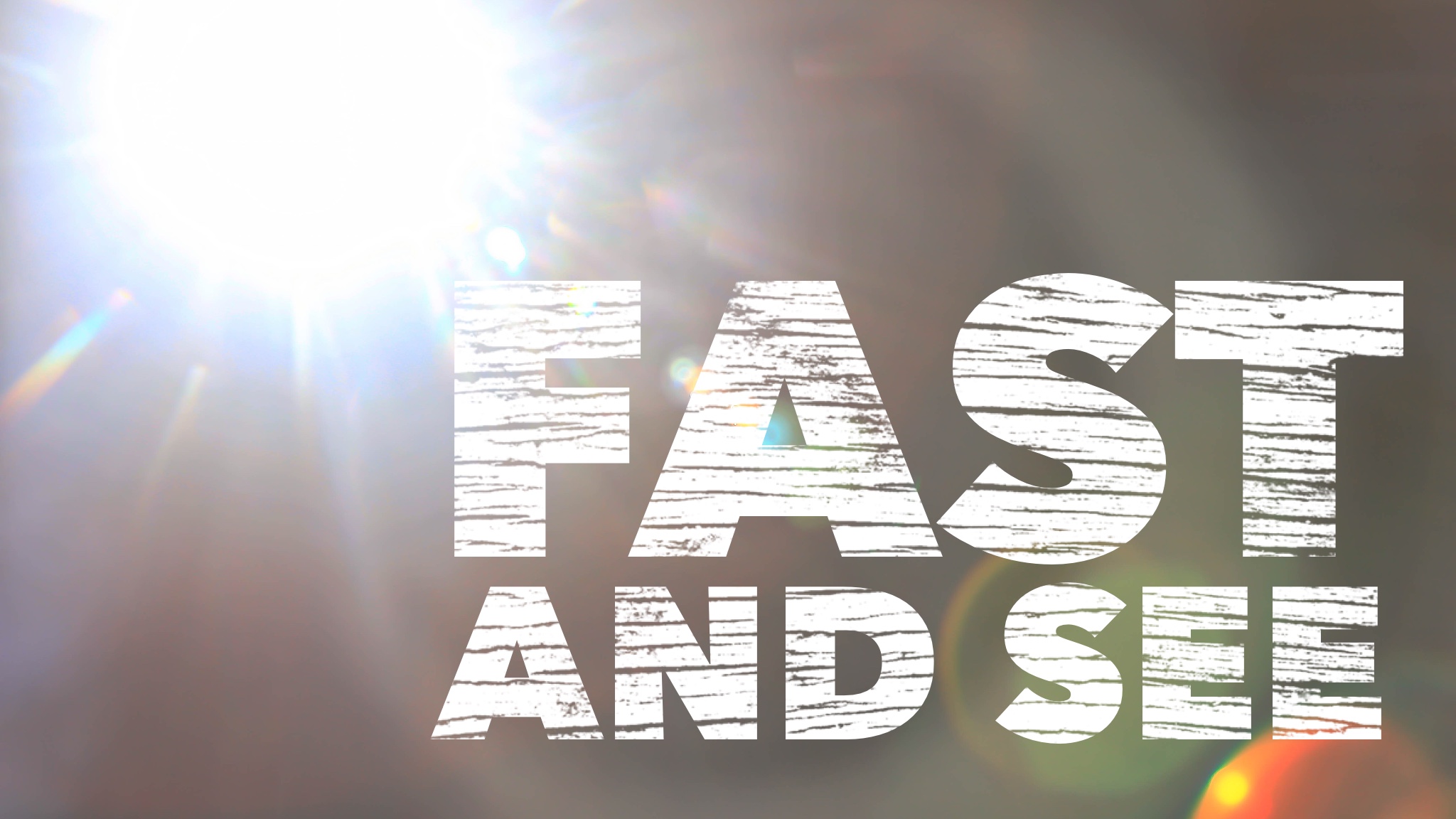 “For three days he was blind, and did not eat or drink anything.” – Acts 9:3
“For three days he was blind, and did not eat or drink anything.” – Acts 9:3